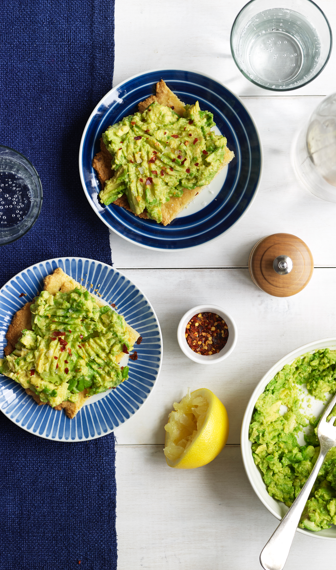For a long time we’ve known that exercise strengthens the heart and improves cardiovascular health. Makes sense, doesn’t it? The heart is a muscle, and if you exercise it, it will get stronger, just like the biceps or the quadriceps. And the job of the heart — one of them, anyway — is to pump oxygen and nutrients to all the cells, organs and tissues in the body so that they can function optimally.
Well, one of those organs that need oxygen and nutrients is the brain. So it stands to reason that if you want to keep your brain healthy, vibrant and functioning, you want to continue to supply it with everything it needs to keep things running efficiently. Coincidentally, the best way to do that is to keep your heart pumping! And not surprisingly, a lot of research has shown that activity/exercise does in fact improve brain function.
But until recently, no one actually looked at whether exercise had an effect on the actual anatomy of the brain. Now it seems that there are actual physical changes in the brain — all of them positive – that take place as a result of aerobic exercise. In fact, it’s now possible to say with scientific certainty that aerobic exercise actually makes your brain bigger!
Here’s what happened. Dr. Arthur Kramer and his colleagues took a group of 60 older “couch potatoes” who were healthy but sedentary — and put them in an MRI machine to get a look at their brains. Then he divided them into two groups. Half of them went into a gentle, easy aerobics program, while the other half went into a “toning and stretching” program.
The aerobics program started off really slow- about 15 minutes a day of walking. After about two months, the subjects were up to 45-60 minutes, three days a week. (Most covered a few miles in that time frame, meaning they were walking at a very moderate speed of about 4 miles per hour.) The subjects kept it up for six months.
Then Dr. Kramer and his team put everyone back in the MRI machine and looked at the actual grey and white matter in the subjects brains. Grey matter, you may recall, is the actual neurons of the brain – the “computational units.” White matter is the axons, or interconnections between the neurons. The researchers wanted to see if the functional improvement that had been observed in brain function in so much research on exercise and the brain, was accompanied by any actual physical changes.
And it was. Amazingly, the subjects in the aerobics group actually had an increase in volume in both the grey matter and the white matter of their brains.
The take away from this is a pretty clear, especially for those of us interested in keeping our brain healthy and operational well into our ninth and tenth decades and beyond: Exercise! And the beautiful part of it is it doesn’t take much. According to Dr. Kramer, the amount needed for the brain-building effect is pretty moderate. “People are walking 45-60 minutes three times a week,” he said. A wonderful confirmation — of why moderate exercise is such an important part of your nutrition program.

